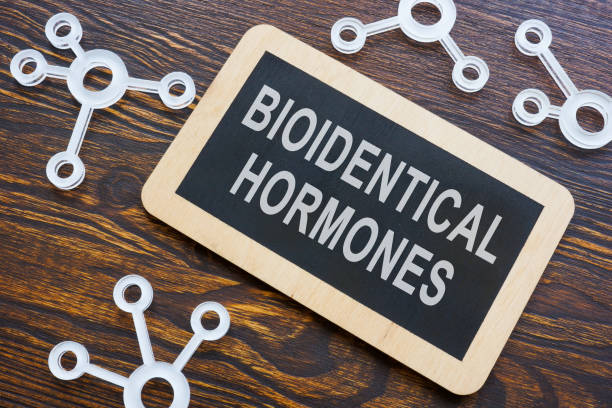Hormonal imbalances can be the cause of many undesirable symptoms, such as low mood, itchy skin, fatigue, or weight gain. Chemicals called hormones are released into the bloodstream by endocrine system glands. An imbalance results when a hormone is present in excess or insufficient amounts. Your body’s many functions, such as appetite and metabolism, sleep patterns, sexual function and reproduction, body temperature, and mood, are all influenced by your hormones. BioIdentical Hormone Therapy involves using hormones that are chemically identical to those naturally produced in the body to address hormonal imbalances and alleviate symptoms. Here are the five signs of hormone imbalance in women.
Sudden Weight Loss
Your thyroid gland regulates temperature, heart rate, and how quickly your body converts food into fuel. Your weight may decrease if it produces insufficient or excessive amounts of hormones. Notifying your doctor of any weight loss of 10 pounds or more without changing your diet or exercise regimen is advised. Sleep is encouraged by the ovaries’ gradual reduction in estrogen and progesterone production during perimenopause and menopause. Reduced estrogen levels can cause night sweats, leading to sleep disturbances, exhaustion, and low energy levels.
Weight Gain And Appetite
Hormonal changes, like menopause, can cause weight gain. Yet, changes in hormones have no direct impact on weight. Instead, other factors like aging or lifestyle are probably the cause. For example, you might want to eat more if you’re feeling depressed or agitated, which can happen when your estrogen levels drop. It may also affect the hormone that suppresses hunger, leptin, in your body. Hormone fluctuations have been linked to weight gain and trouble losing weight. Abdominal fat accumulation may result from low thyroxine levels and high cortisol, insulin, and estrogen levels.
Low Libido
As a result of declining estrogen and testosterone levels, despite testosterone being commonly associated with men, low libido is especially common in women going through perimenopause or menopause. Your sex life may also be affected by other menopausal symptoms like anxiety, depressive mood, weariness, and night sweats. During the menopausal transition, estrogen levels decrease. Your desire for sex may decrease as a result, and dry vaginal tissues may make sex uncomfortable or painful. Some women experience a lagging libido during this hormonal shift, even though many continue to have satisfying sex throughout menopause and beyond.
Hair Loss
Daily hair loss is common among most people. However, noticeable hair loss could indicate a medical problem. Addressing the root of your hair loss rather than just the symptoms is critical. An imbalance of multiple hormones may cause hair loss. Thyroid hormone and hair loss may be primarily caused by hypothyroidism. Adrenal gland hormones: one stress hormone the adrenal glands produce is cortisol. Menopausal hormone fluctuations may be one of the reasons. The decline in estrogen and progesterone levels increases the effects of androgens or male hormones. Because hair follicles shrink during and after menopause, hair may become thinner.
Skin Problems
Acne that persists into adulthood may be an indication of polycystic ovarian syndrome, low progesterone and estrogen levels, and high testosterone levels. Thyroid issues or menopause-related hormonal imbalances can also result in dry skin, while itchy skin can be a symptom of both.
Bottom Line
Hormones are vital for a variety of bodily functions. As we’ve seen, a range of symptoms can result from these hormone disruptions. An imbalance in hormones can occasionally have several significant consequences. Your chances of managing complications are best served by seeking treatment as soon as possible.

